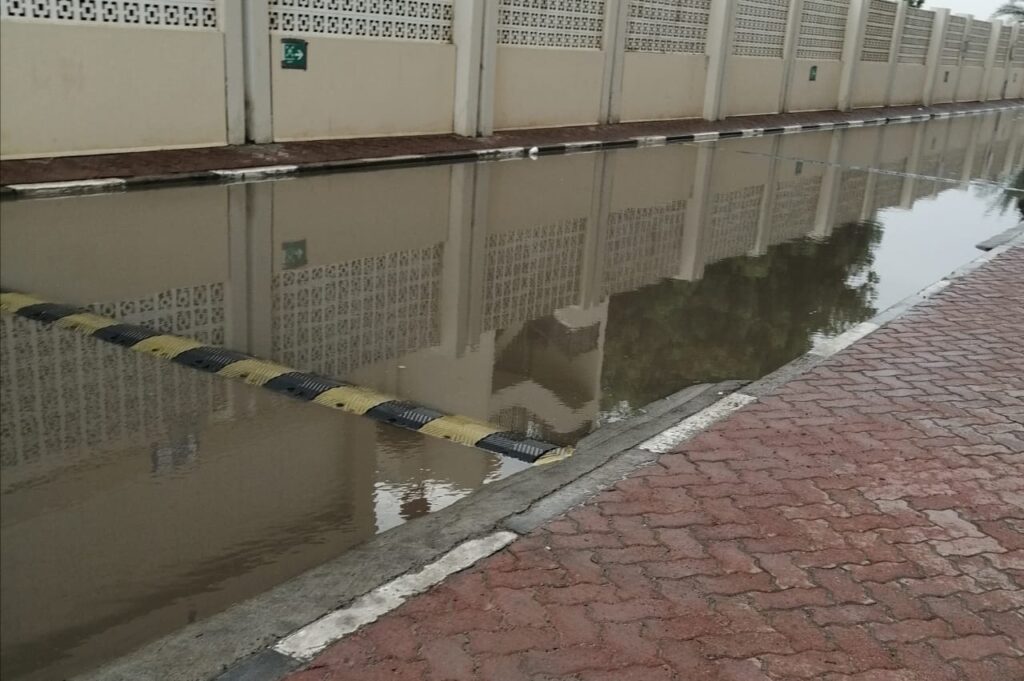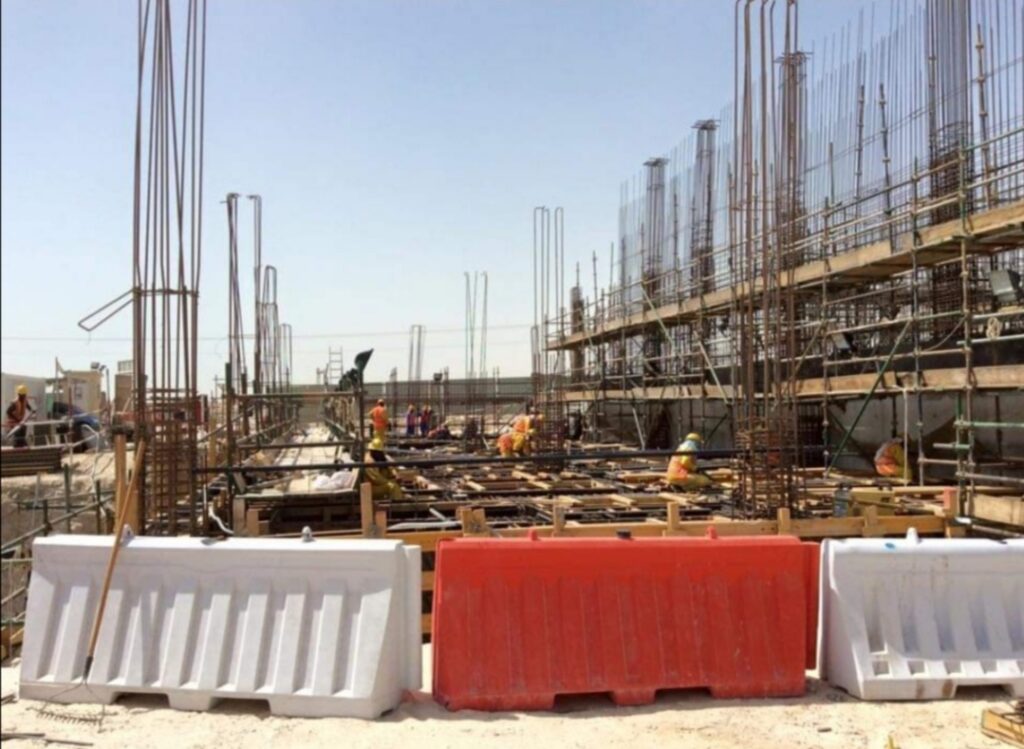The construction sites can be especially vulnerable to the effects of heavy rain and other adverse weather conditions. It is important to take the necessary precautions to ensure the safety of workers and the integrity of the construction project.
In this article, we will outline some key precautions to take during heavy rain to protect your construction site and keep your workers safe.
Here are some precautions to take during heavy rain in a construction site:
- Secure all equipment and materials: Make sure all construction equipment and materials are properly secured and not at risk of being damaged or lost due to the rain.
- Protect electrical systems: Water and electricity can be a dangerous combination, so be sure to cover and protect any electrical systems or outlets to prevent short circuits or electrocution.
- Watch for flooding: Keep an eye on the construction site for any areas that may be prone to flooding. If necessary, use sandbags or other barriers to prevent water from entering the site.
- Stay off wet surfaces: Walking on wet surfaces can be slippery and dangerous, so make sure workers stay off any wet or flooded areas until they are dry and safe to walk on.
- Use caution when working with heavy machinery: Be extra careful when operating heavy machinery during heavy rain, as the wet conditions can make it more difficult to control the equipment.
- Keep emergency supplies on hand: It’s always a good idea to have emergency supplies on hand in case of unexpected weather events, such as flashlights, first aid kits, and emergency blankets.
- Monitor weather conditions: Stay up to date on weather forecasts and be prepared to take appropriate action if necessary. If the rain is severe, consider suspending work until conditions improve.
In conclusion, heavy rain can present a number of challenges for construction sites. It is important to take the necessary precautions to ensure the safety of workers and the integrity of the construction project.
By securing equipment and materials, protecting electrical systems, watching for flooding, staying off wet surfaces, using caution when working with heavy machinery, keeping emergency


